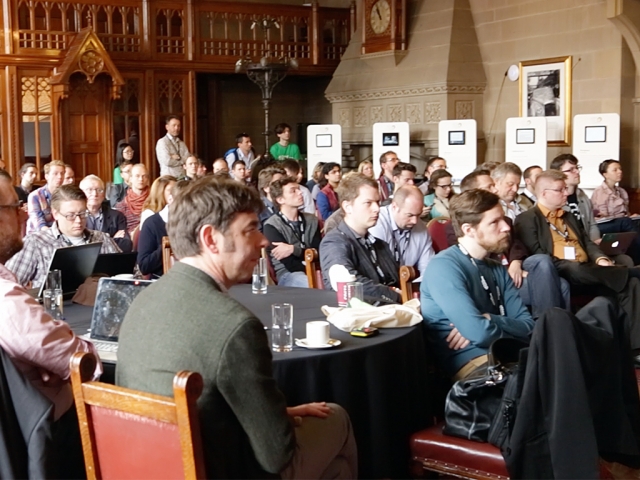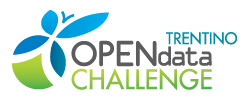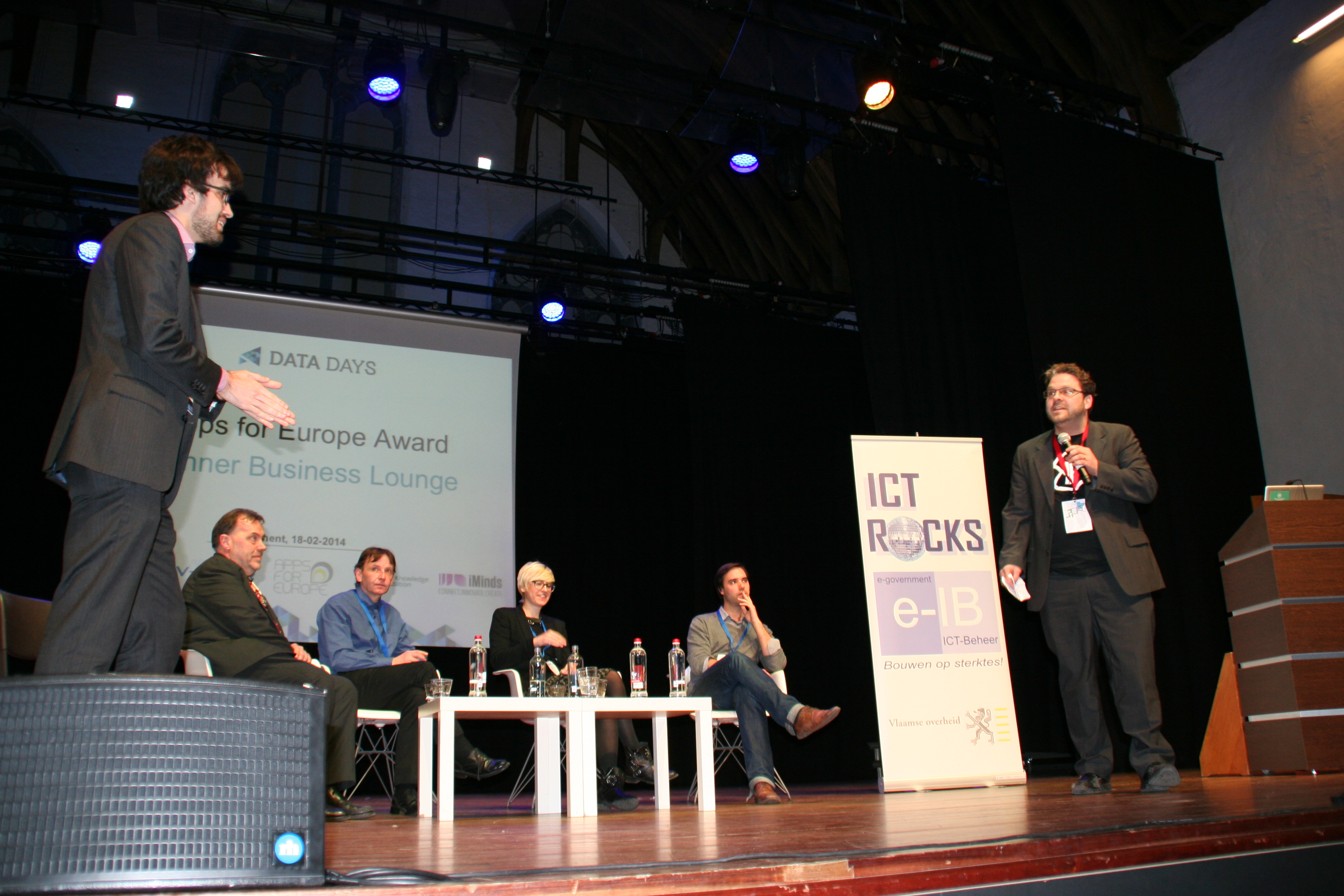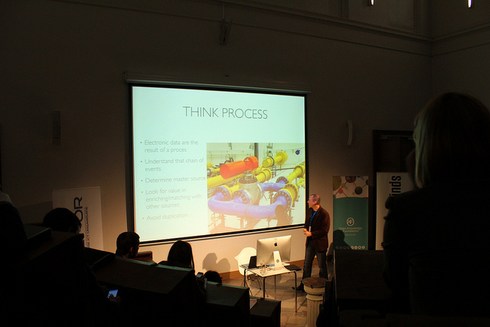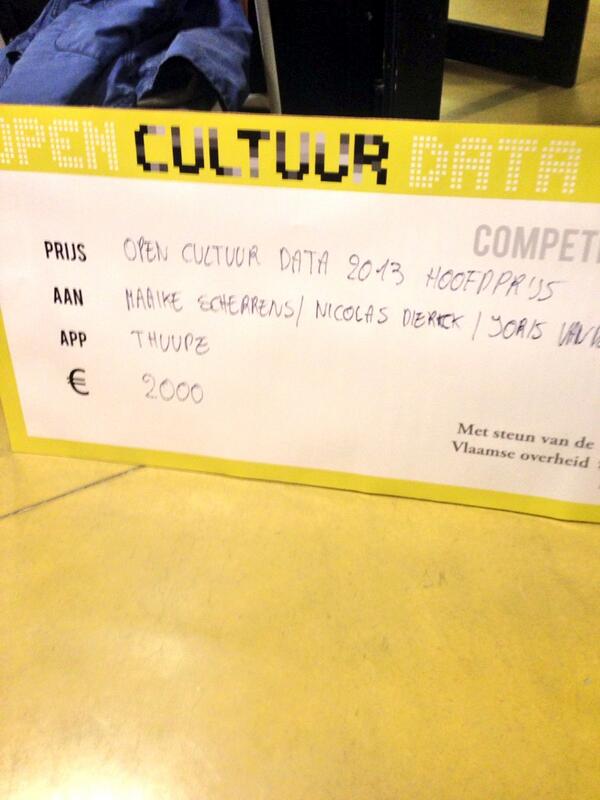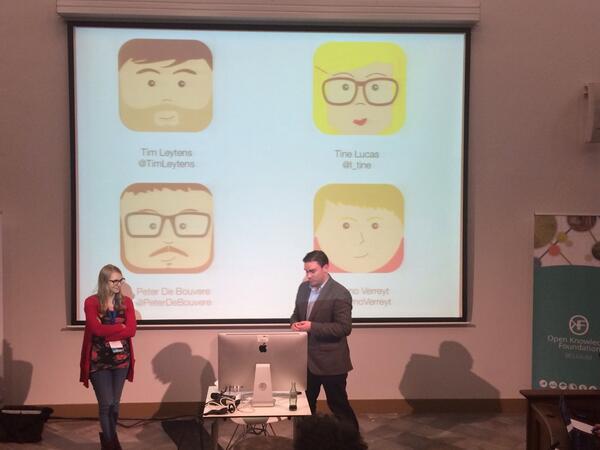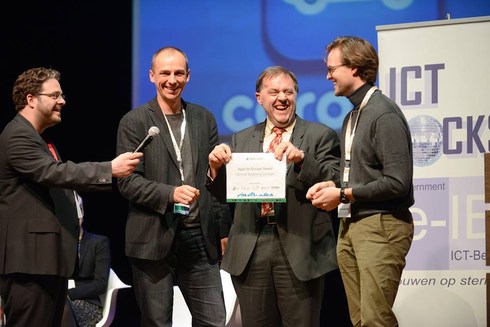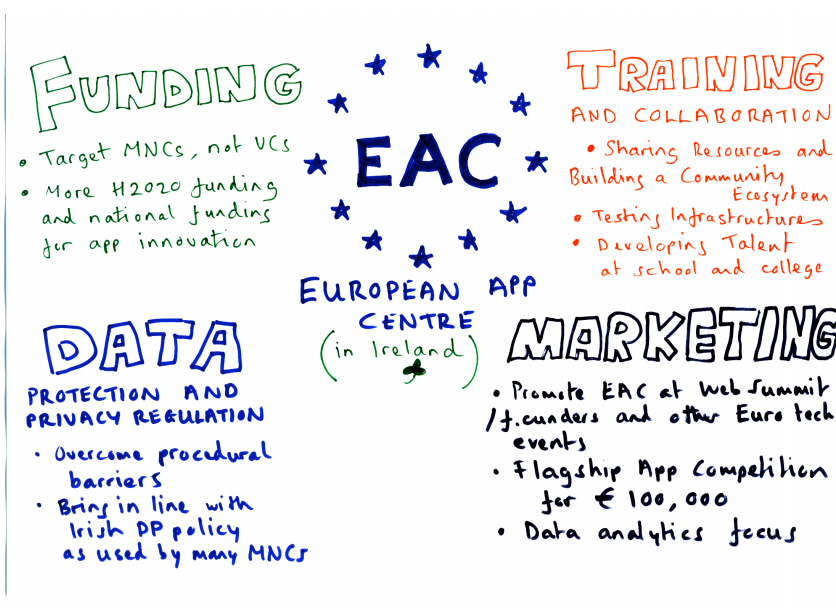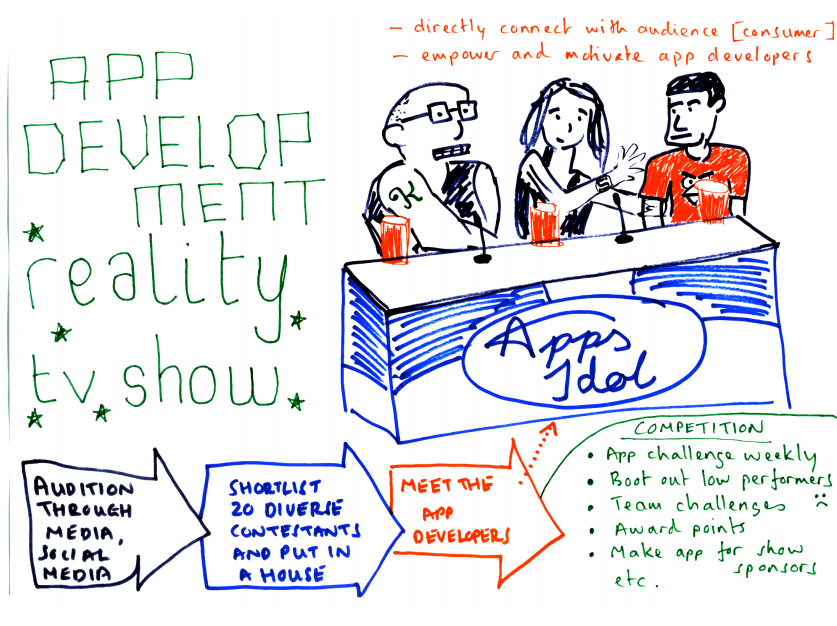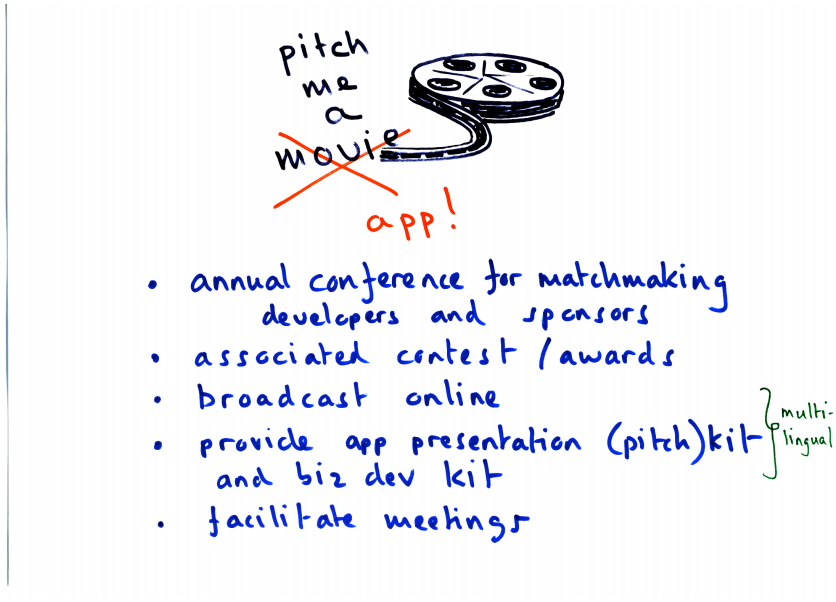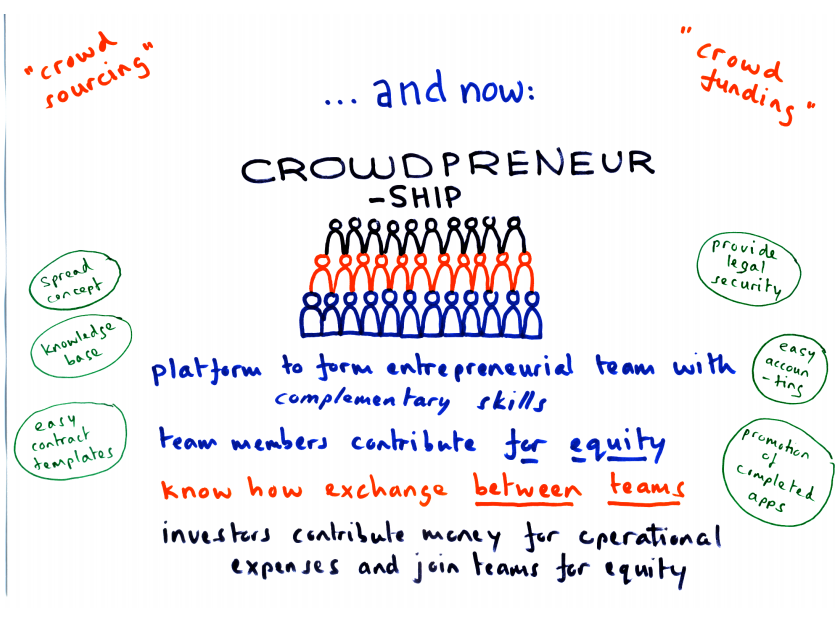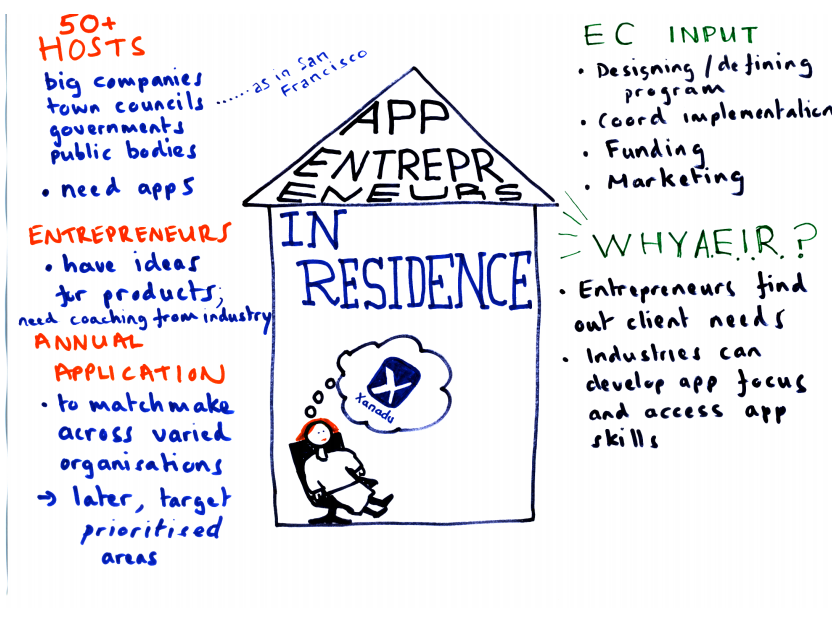While a lot of data has been opened for anyone to freely use, reuse and (re)distribute, the amount of new, sustainable businesses and their monetary value have lagged far behind the staggering figures projected a few years ago.
This has many reasons – the data isn’t available under the right conditions; it’s in various, incompatible formats; much value will be created by the governments themselves (that currently aren’t) – and last but not least, many developers are in need of skills, networks and money. Apps for Europe has been created to combat this last point, and provide developers with relevant knowledge, contacts and investors to make their results flourish. Nineteen partners, scattered all over Europe, have set out to make this happen. It’s a two-year project, funded in part by the ICT PSP call, which started in 2014.
From algorithms to digital services
As part of our aims, we have been on the lookout for the very best open data applications in Europe: apps, algorithms, platforms or services. During the first year, Apps for Europe has hosted eight open data events and five business lounges and has received 83 entries to the international competition. From these, ten projects where selected to attend the first International Business Lounge at the annual FutureEverything festival in Manchester. They where very diverse and addressed cultural opportunities, sustainability, mobility (bikes & parking), hyperlocal media and various algorithms as a service.
And the winner is...
At FutureEverything, the finalists participated in master classes in finance, user experience and media coverage. They pitched to potential investors, partners and clients, as well as the general public. Then, they talked to a high profile jury consisting of Miquel Costa, President, Keiretsu Forum in Spain; Paul Maltby, Director of Open Data & Government Innovation at Cabinet Office in London; Lily Ash Sakula, Partner of Bethnal Green Ventures, and Paul O'Toole, Deputy Director of Wayra (Telefonica), that I was proud to chair. All of this lead to one winner of Apps for Europe 2014: Bike City Guide – who had a very convincing proposition, a powerful pitch, and demonstrated impact - and two runners up: Nearhood, and Old Maps Online. Finally, the audience award was given to the young Belgium start-up Nostalgeo.
Looking back, we’ve learned a lot. We found great, committed finalists and are sure that every one of them will make it and increase their impact and reach. The master classes and workshops were of high quality. We faced some logistical challenges that we’ll have to tackle, based on the feedback we received. Also, we need to interest more potential investors (who invest in technology, or people, but not open data as such), and possibly accelerators and incubators. Lastly, we need to widen the scope and background of the participants. Any help is appreciated here.
Apps for Europe 2015
The end of the first competition marks the beginning of the new. From next week, you can start applying for winning the Apps for Europe 2015 competition at the Apps for Europe website. Likely, there will be open data events or business lounges near you that you can attend and participate in. And whether you are a developer, investor, or an event organiser you might find some interesting resources to help you make decisions on our website. Hope this will be valuable, and looking forward to meet you at the second International Business Lounge, or elsewhere in Europe.
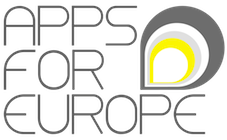

 With 10 Business Lounges happening throughout Europe this year, Apps for Europe is trying to find the best open data applications and startups that Europe has to offer. We invite all developers, startups and companies that use open data as a recourse to join our competition and win a spot at the International Business Lounge @ Future Everything in February 2015.
With 10 Business Lounges happening throughout Europe this year, Apps for Europe is trying to find the best open data applications and startups that Europe has to offer. We invite all developers, startups and companies that use open data as a recourse to join our competition and win a spot at the International Business Lounge @ Future Everything in February 2015.
 Are you hosting an open data event, competition or hackathon and are looking for ways to support the participating teams? Apps for Europe can help! We are a support network that provides tools to open data event organizers to transform ideas for data based apps into viable businesses. We want to unleash the financial potential and social value of open data and create better apps and digital services for citizens across Europe.
Are you hosting an open data event, competition or hackathon and are looking for ways to support the participating teams? Apps for Europe can help! We are a support network that provides tools to open data event organizers to transform ideas for data based apps into viable businesses. We want to unleash the financial potential and social value of open data and create better apps and digital services for citizens across Europe.


